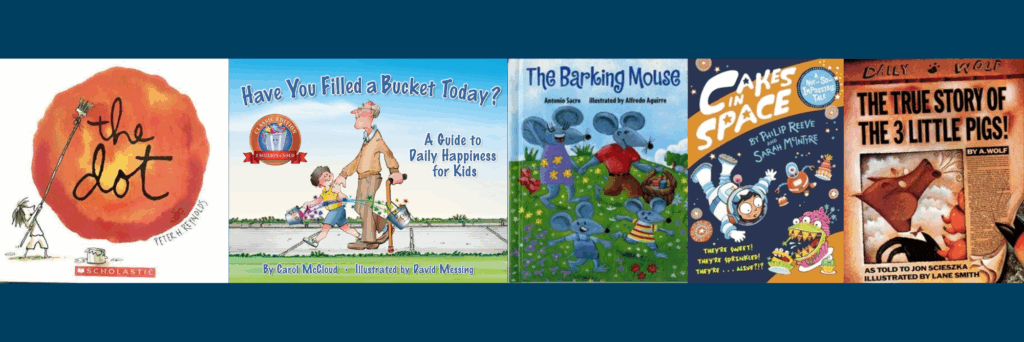December 10, 2021 / Esther Choy

Uncertainty is all around us. On Thursday, November 18, 2021, you and your team are setting goals for 2022. You’ve taken into account the delays in the supply chain, labor shortage, and inflation going into the new year. You and your team feel confident: your goals are optimistic but feasible for a better year ahead. Then, as you head into holiday week, news alerts sound. A new variant has been discovered and is now being detected in several international cities. You know it’s only a matter of days until it hits the U.S. The variant is so new, it doesn’t have a name yet. Will it be more aggressive than the delta variant? Will the vaccine be effective against it? Will it impact your 2022 goals?
As we head into the third year of the pandemic, we are almost getting accustomed to living with uncertainty. Headlines never cease to remind us that we still don’t know when or how we will put an end to this global pandemic.
But just when we think we have reduced the impact of these unknowns, something like the Omicron variant threatens global markets again. Not only do we have to lead our teams through the uncertainty, we have to cope with the fatigue it brings.
What is uncertainty?
Social psychologists clarify that it’s not uncertainty itself that is upsetting, but that during periods of uncertainty negative outcomes seem more certain than positive outcomes. The possible negative impacts of the newest variant hit us with a new degree of anxiety and the fatigue of feeling anxious once again. Many of us are just plain tired of figuring out how to navigate our daily lives, assessing risks, and living within the limitations caused by the pandemic.
This anxiety and fatigue is contributing to workplace burnout. A survey conducted by Indeed in spring 2021 found that more than half of workers say they feel workplace burnout. And unsurprisingly, more than two-thirds of respondents say the feeling of burnout has worsened during the pandemic.
What tools do we have to cope with uncertainty and the burnout it brings? And as leaders, how do we help our teams cope? The stories we tell ourselves are powerful in helping us reframe uncertainty and battle burnout.
(Learn more about the power of storytelling.)
As we lead our teams through periods of stress, storytelling can help us gain some control over the doom and gloom headlines. Research shows that stories help us make sense of stressful situations such as this prolonged period of uncertainty: “Collaborative storytelling provides a process for sense-making and community, especially during times of stress when sense of self is fragmented.”
By using some meeting time to talk about the uncertainty we are facing, instead of talking around it, we can build community and reframe how we think about uncertainty.
The Story Of Uncertainty
While the uncertainty brought to us by pandemic is new, most business leaders are actually experts in uncertainty. You need to give yourself credit for how you’ve coped with it in the past. As business professor Simon Bridge points out, “We may not like this uncertainty, but preparing for it is an essential part of being an entrepreneur and/or running a successful business.” In fact, uncertainty is an essential feature of the term “entrepreneur,” as noted in the Oxford definition of the word: “a person who organizes and operates a business or businesses, taking on greater than normal financial risks in order to do so.”
Business research suggests that uncertainty leads to innovation, especially when organizations not only try to reduce uncertainty through research and forecasting, but embrace uncertainty as an opportunity for flexibility, collaboration and exploration.
In light of this more optimistic view of uncertainty, you can use storytelling exercises with your team to reflect on the last year and prepare for the next one. By telling the story of the last year together, you can reassess it. “Telling a story forces individuals to place their experience into some sort of structure,” writes communications professor Dr. Jody Kellas and “gives them an opportunity to label their feelings and experiences and develop explanations for what happened, and may lead individuals to reappraise their view of the difficult situation.” It also creates space for team members to connect on a new level.
Connection is one of the keys to combating burnout
Author of the book, “The Burnout Epidemic: The Rise of Chronic Stress and How We Can Fix It,” Jennifer Moss notes that “The hyper use of technology, not meeting people in person disconnected [workers] emotionally from what we care about inside the organization.” Through telling stories, even over digital platforms, we can reconnect with our teams.
Despite connection being ranked among the most important qualities of a happy life, most people hesitate to reach out. In an article I wrote earlier in the pandemic, I discuss how connecting with our friends and colleagues through sharing stories not only make us happier, but is often valued by others more than we expect it to.
Nicholas Epley, a behavioral science professor at the University of Chicago Booth School of Business, found in his research on social interactions that people tend to undervalue how positively their attempts to reach out to others will be perceived.
During the pandemic, when social connection is even harder than ever and matters more than ever, it’s essential to trust that others will see the warmth behind our attempts to reach out.
If you want to learn more about creating a storytelling culture with your team, check out my article How To Introduce Business Storytelling Culture — And Change Your Workplace.
Related Articles
Use Leadership Storytelling To Connect With Everyone
The #1 Business Storytelling Tool That Instantly Improves Relationships
Better Every Story
Leadership Transformation through Storytelling
"This is an amazing and insightful post! I hadn’t thought of that so you broadened my perspective. I always appreciate your insight!" - Dan B.
Get Esther Choy’s insights, best practices and examples of great storytelling to your inbox each month.




